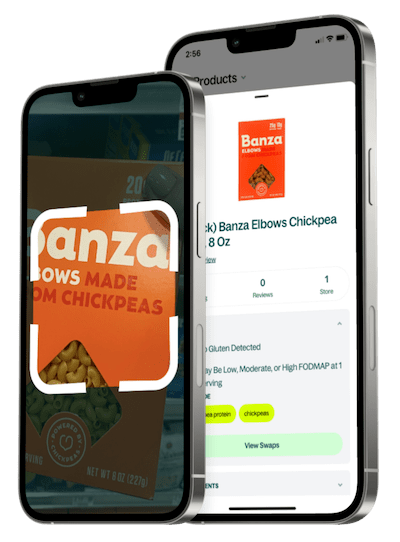Is Raised Gluten Free Vegetable Pot Pie Vegan?

Description
Savory, mildly seasoned filling with a creamy interior and a raised, flaky crust offering contrasting textures. Commonly reheated for quick weeknight dinners, lunches or portable snacks, it’s described by reviewers as comforting and convenient; praise centers on crust flakiness and portion size, while some note occasional uneven heating or sogginess.

Description
Savory, mildly seasoned filling with a creamy interior and a raised, flaky crust offering contrasting textures. Commonly reheated for quick weeknight dinners, lunches or portable snacks, it’s described by reviewers as comforting and convenient; praise centers on crust flakiness and portion size, while some note occasional uneven heating or sogginess.
Ingredients
Water, white rice flour, soy-free buttery spread [oil blend (palm fruit, canola, and olive oils), water, salt, contains less than 2% of natural flavor, sunflower lecithin, lactic acid (to preserve freshness), annatto extract (color)], potatoes, carrots, green beans, peas, onions, sorghum flour, tapioca flour, cane sugar, nutritional yeast, sea salt, cream of tartar, baking soda, organic black pepper, organic poultry seasoning (organic marjoram, organic rosemary, organic sage, organic thyme), organic garlic powder, organic chili powder, citric acid.
What is a Vegan diet?
A vegan diet excludes all animal-derived foods, including meat, poultry, fish, dairy, eggs, and honey. It focuses on plant-based sources such as fruits, vegetables, grains, legumes, nuts, and seeds. Many people choose veganism for ethical, environmental, or health reasons. When well-planned, it provides sufficient protein, fiber, and antioxidants, though supplementation or fortified foods may be needed for nutrients like vitamin B12, iron, and omega-3 fatty acids. Vegan diets are associated with lower risks of heart disease and improved digestion but require mindfulness to ensure balanced and complete nutrition.


